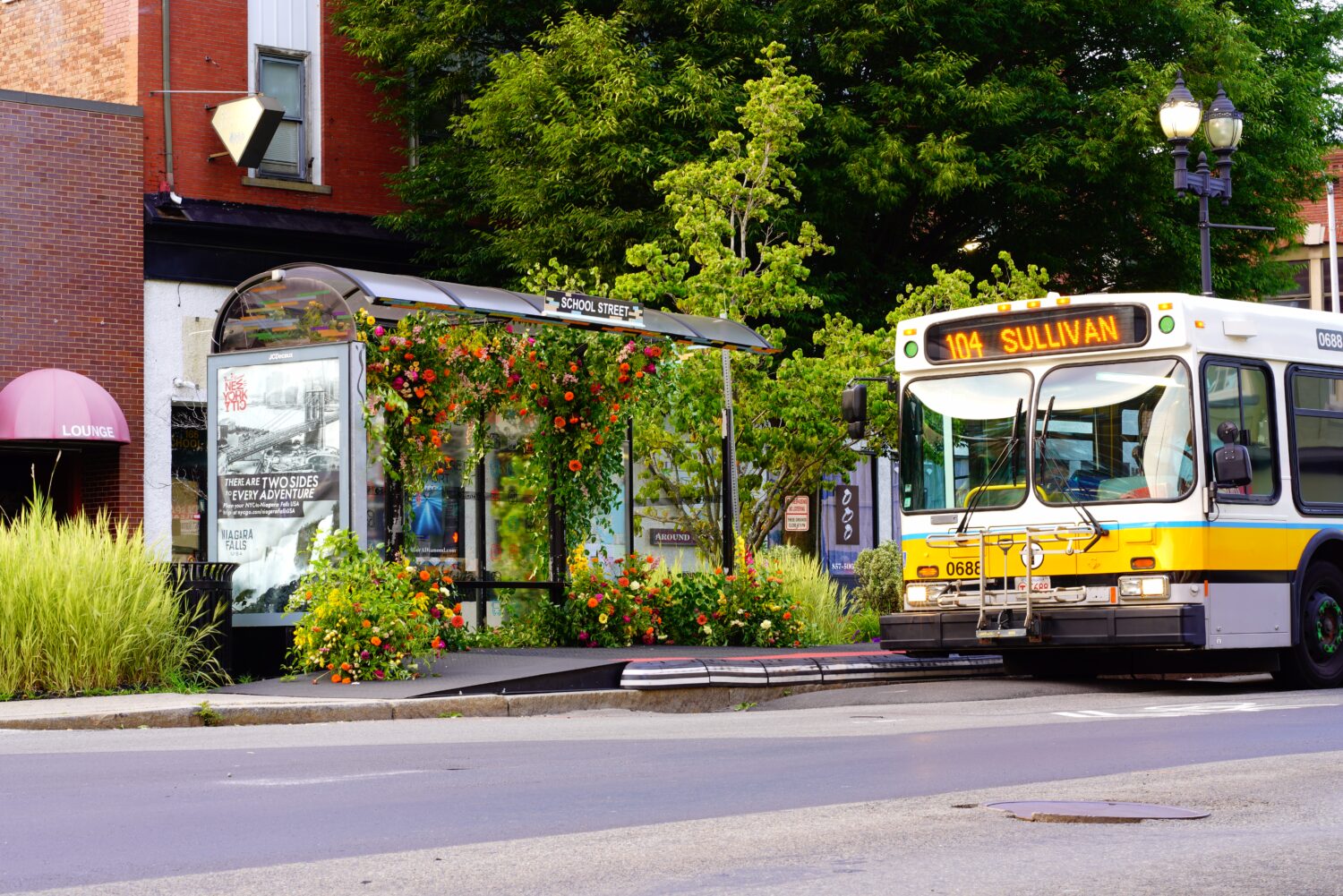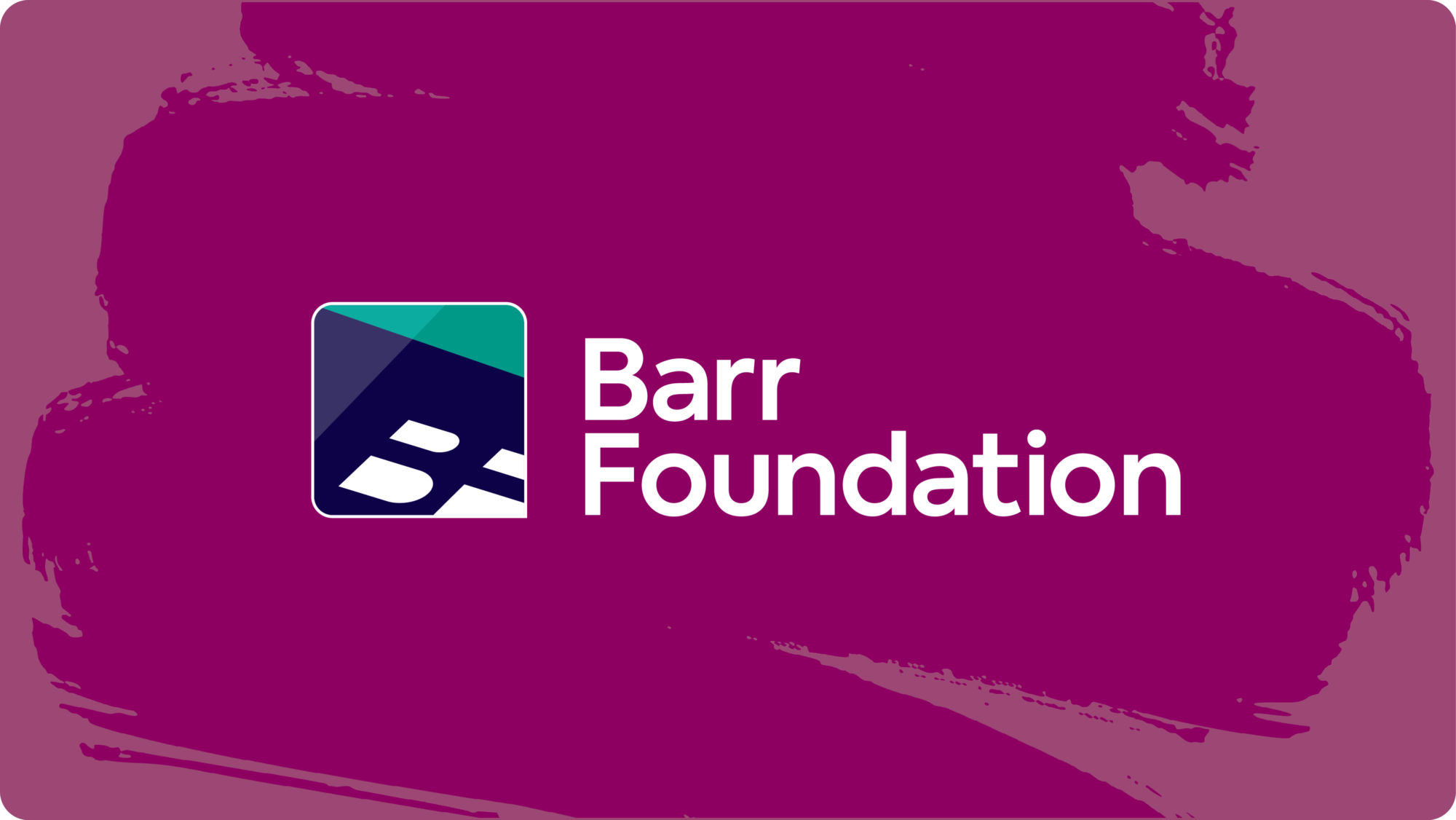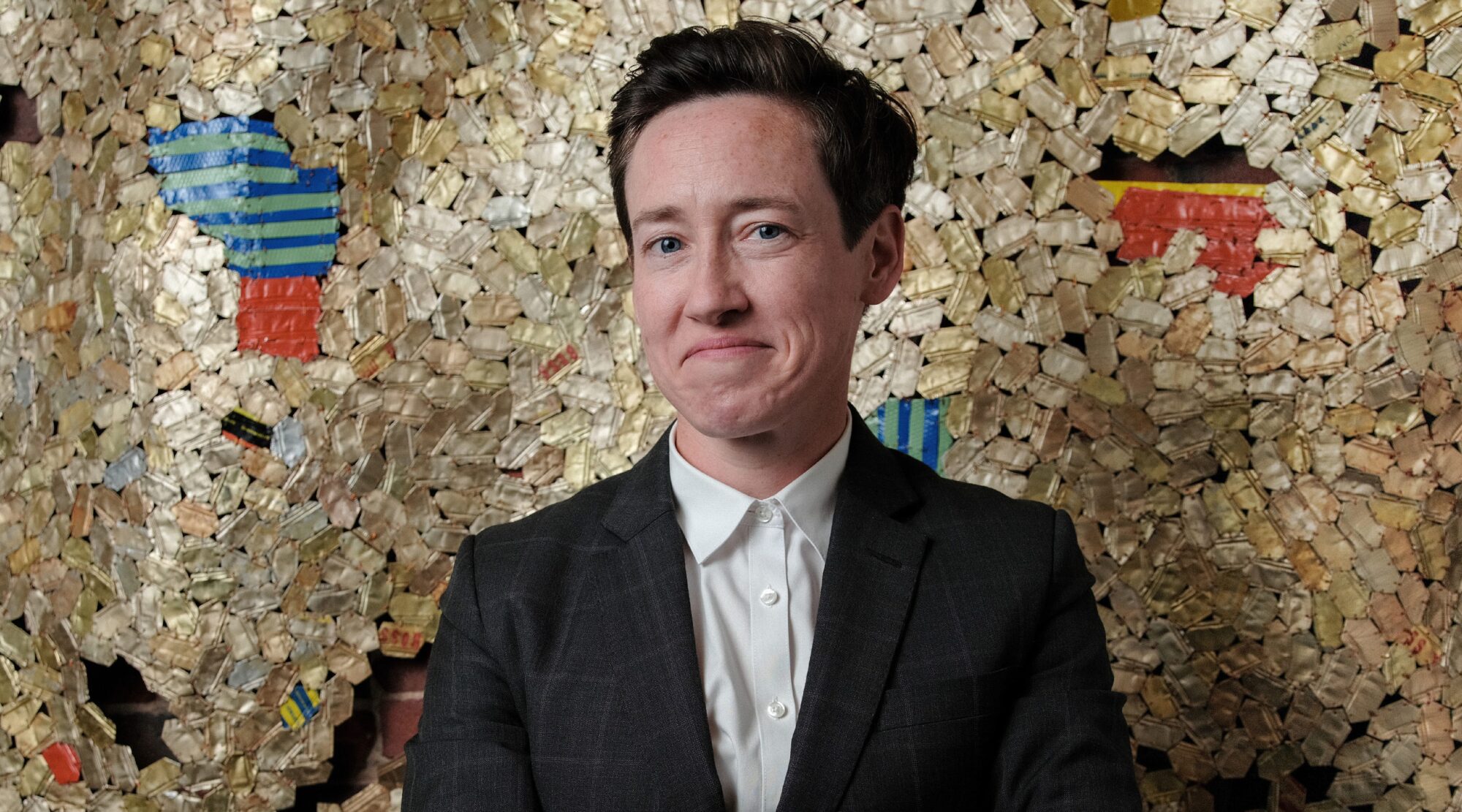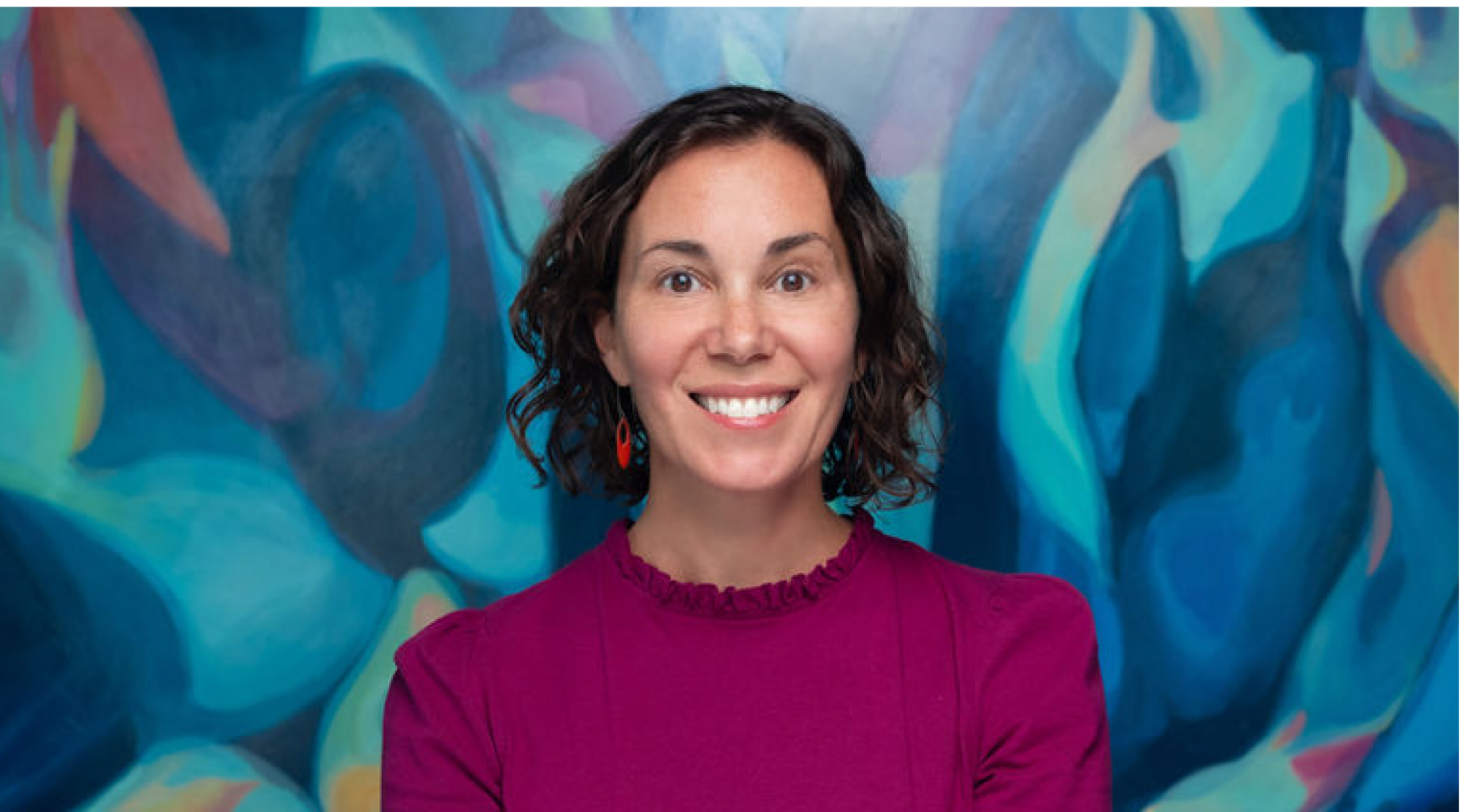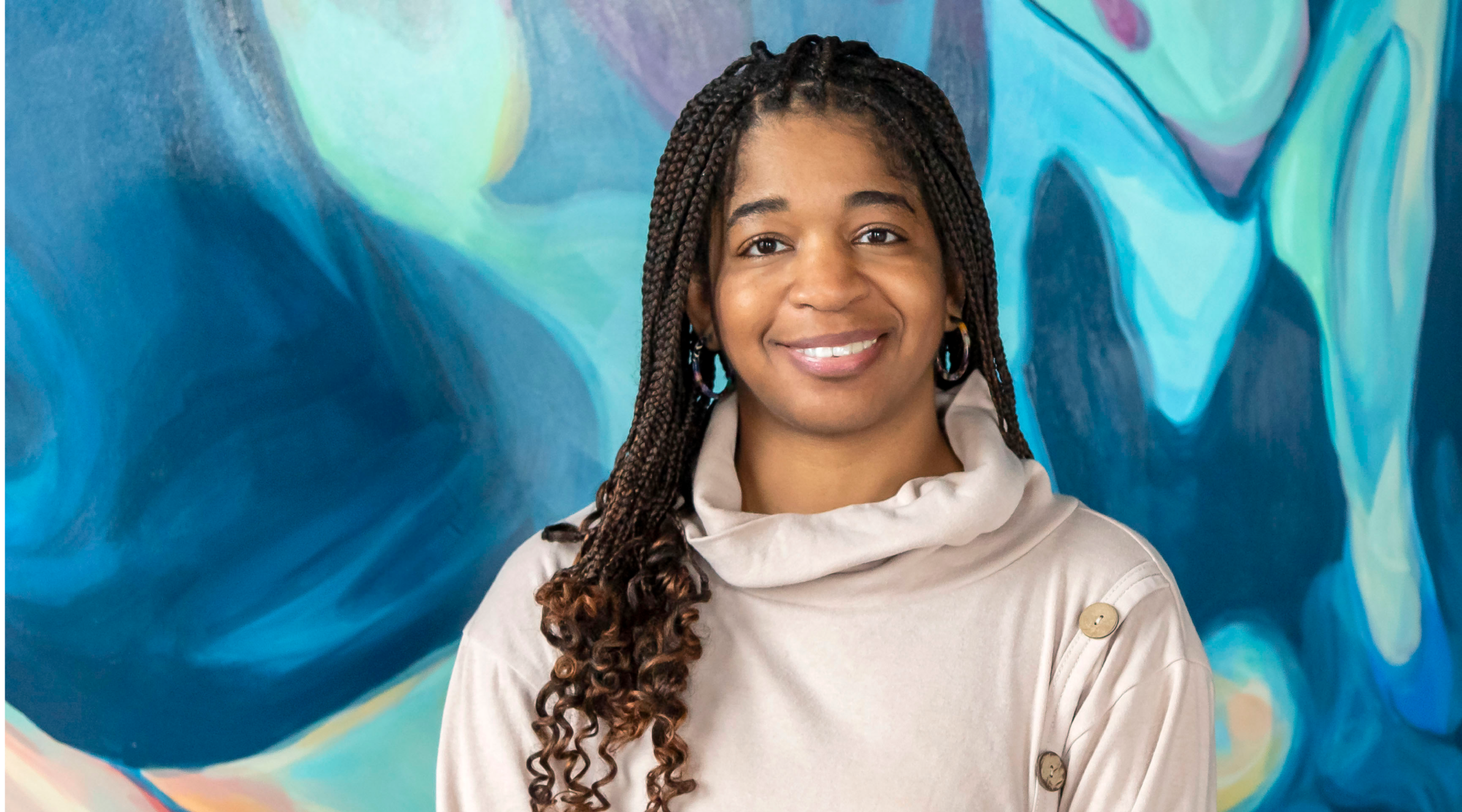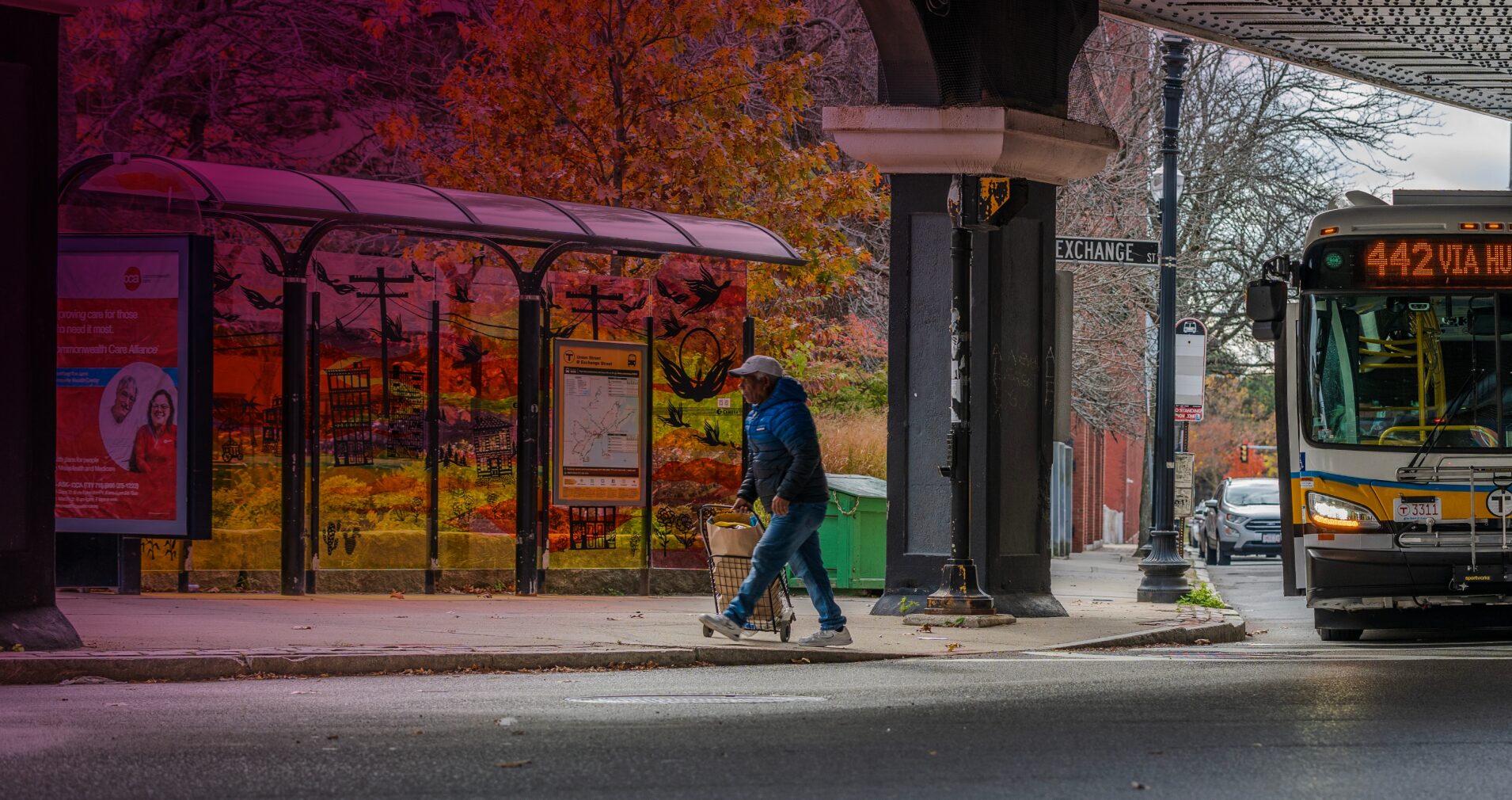
Climate
Investing in local solutions to address and adapt to climate change.Barr’s Climate Program aims to address climate change by advancing local, equitable solutions.
Across three strategies — Clean Energy, Climate Resilience, and Mobility — we work in concert to reduce emissions, build community resilience, and elevate the leadership of those most impacted by the climate crisis.
We believe that frontline communities, those most often hit first and worst by the impacts of climate change, should have the power, resources, and self-determination to shape a just, healthy, and climate-resilient future.
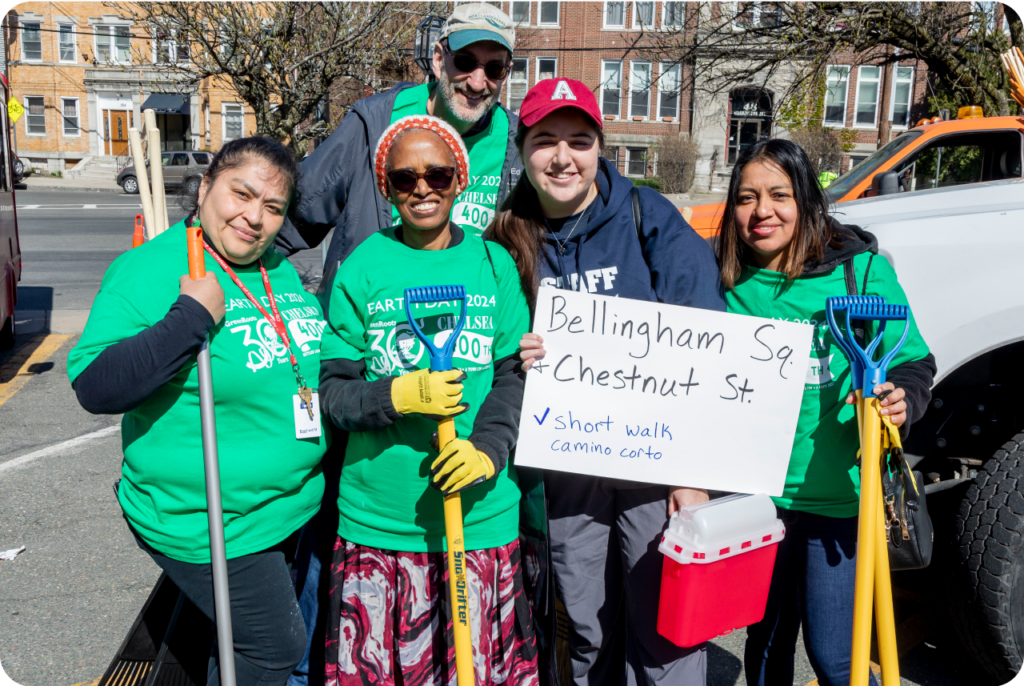
GreenRoots hosts a city-wide cleanup and tree planting event in celebration of Earth Day.
Strategies
Embedded across all strategies is our focus on strengthening the climate movement: ensuring that our work builds a diverse, inclusive, and effective sector that amplifies local leadership and community-driven solutions.
-

Climate Resilience
Strengthening Massachusetts’ resilience to climate impacts by enhancing the adaptive capacity of residents, communities, governance systems, and infrastructure
more about this strategy Read More -

Mobility
Expanding low-carbon transportation options and supporting communities so people can easily and affordably reach their daily needs
more about this strategy Read More -
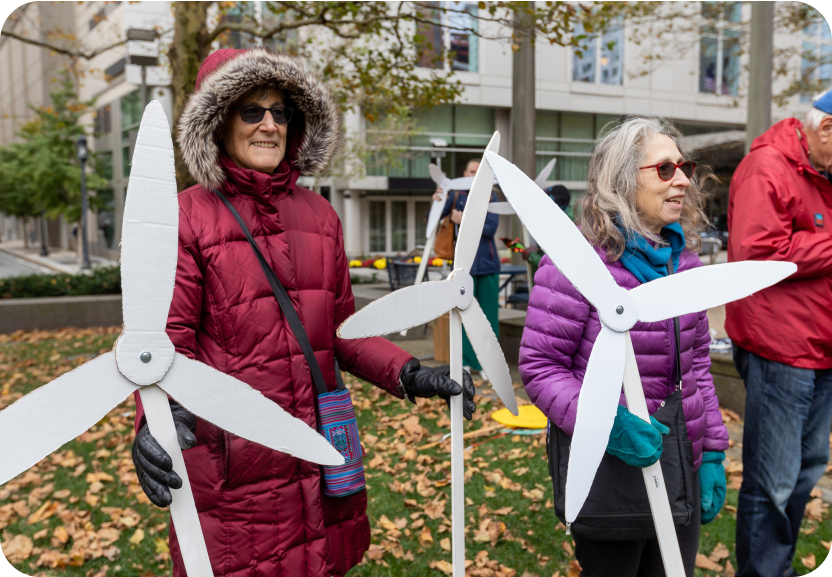
Clean Energy
Transforming how the Northeast conserves, generates, and uses energy to accelerate the transition to clean, renewable resources
more about this strategy Read More
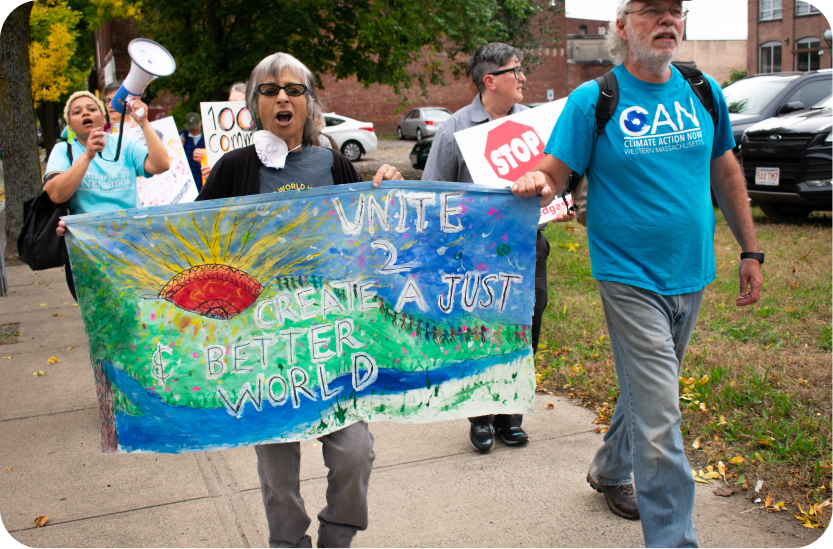
“Those most affected know what it takes to drive change.”
Recent Grants in Climate
Coalition for Social Justice-Education Fund Inc.
To support capacity building for organizational operations
- Award Date: 08/27/2025
- Amount: $30,000
- Term: 12 months
- Program:
- Strategy:
Trustees of Boston University
To support research on extreme heat impacts and interventions in Massachusetts
- Award Date: 08/27/2025
- Amount: $750,000
- Term: 36 months
- Program:
- Strategy:
Worcester Regional Research Bureau Inc.
To support climate research in Worcester
- Award Date: 08/27/2025
- Amount: $100,000
- Term: 24 months
- Program:
- Strategy:
Grantmaking Process
To submit an inquiry to the Climate Program, complete our inquiry form. We welcome you to save time by keeping your response short (less than 2 pages of writing or 5 minutes for video or audio).
We’ll get back to you in a few weeks to let you know if the proposal is a good fit with our priorities. If we move forward, we’ll help you through the grantmaking process, which typically takes 4 to 6 months from initial conversation to payout.
If you have questions about how to submit an inquiry, contact climate@barrfoundation.org.
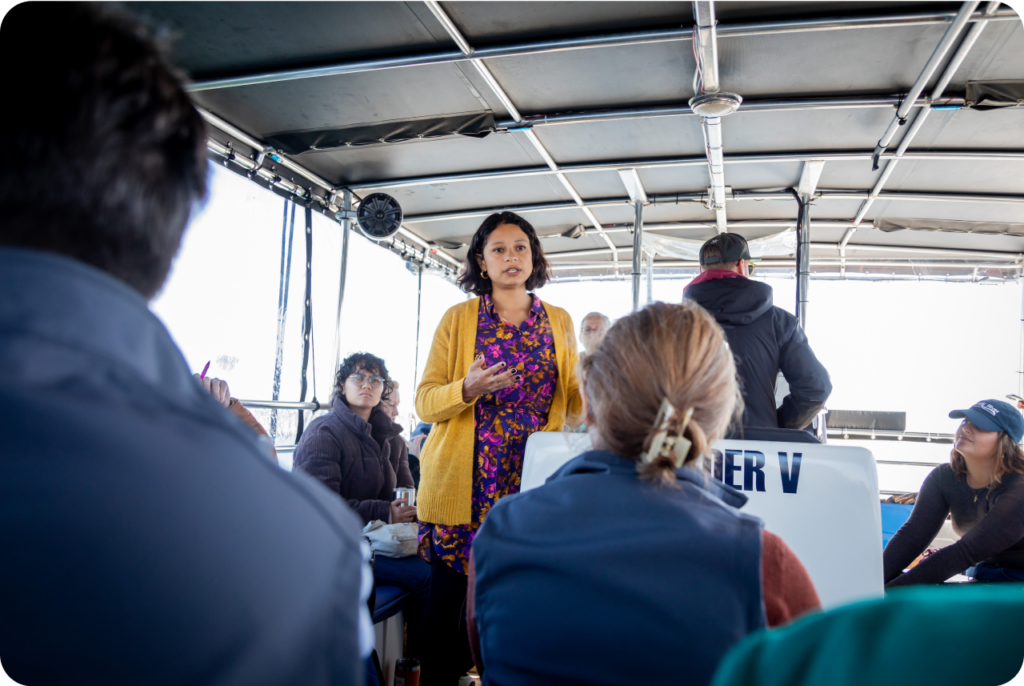
A field trip to the Mystic River, hosted by MassECAN and the Mystic River Watershed Association.
Climate Team
Climate News + Insights
View all View all blog posts
Preparing Now for Hotter Summers
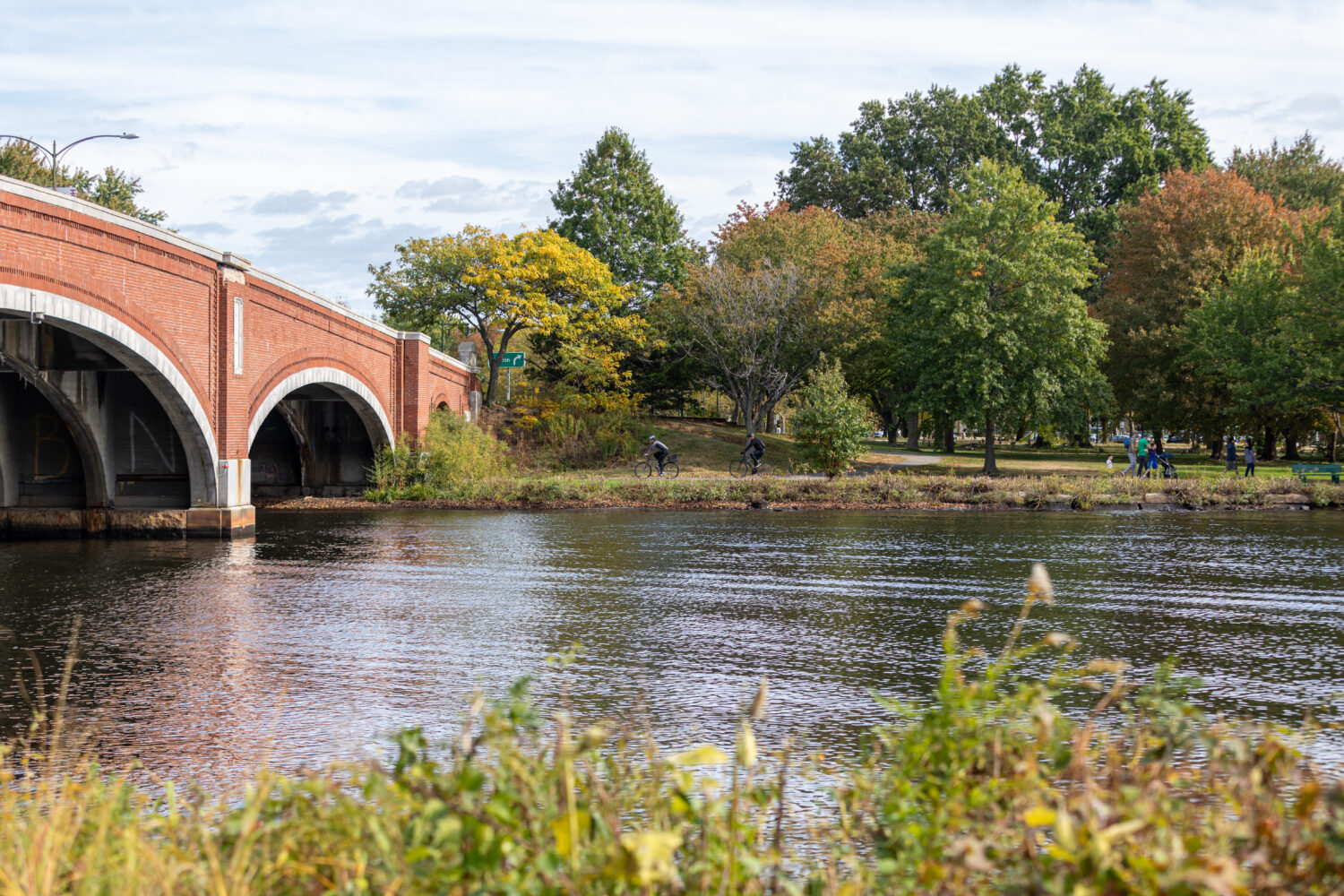
Fellowships Address Barriers for People of Color in the Climate Field
